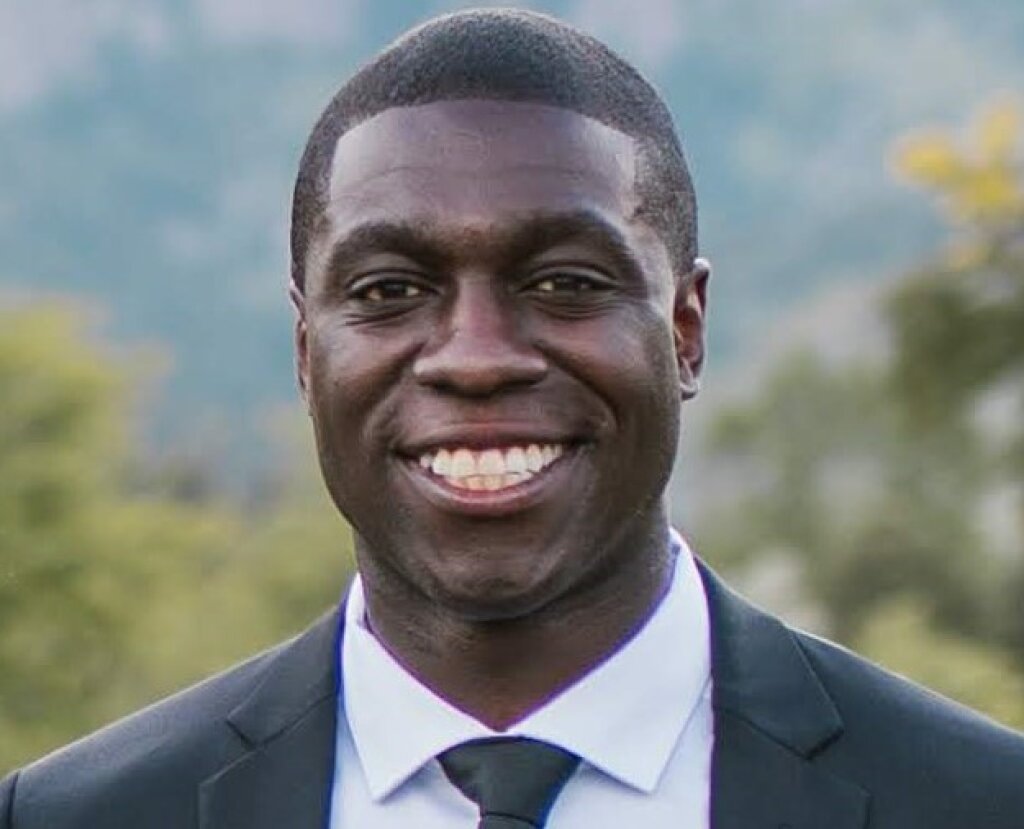On March 6, 1957, Ghana gained its independence from Great Britain. Under the famed leadership of Kwame Nkrumah, the first newly independent sub-Saharan African country had several pressing questions on its plate: Who was Ghanaian? What were the new government’s duty and role to its citizens? Moreover, what would Ghana’s political and economic relationship to the Capitalist and Socialist world be? These questions circulated under the backdrop of black and African liberation, the fight for national and global civil and political rights and equality, and communist and capitalist ideological battles. I offer two arguments in today’s talk. First, that the virulent racism Ghanaians faced in the US and Soviet Union, and domestically, in the 1960s were vital to creating and shaping a global Ghanaian national consciousness. Second, that the calls for protection against racism were central to articulating ideas of citizenship and of framing the state’s duty to its people. The talk is pieced together from several years of archival research in England, Ghana, Russia, and the United States.
Nana Osei-Opare is an Assistant Professor of African and Cold War History at Fordham University. He received his Ph.D. in history from UCLA and his masters and bachelors degrees with honors from Stanford University. Amongst other honors, he was a recipient of the Fulbright-Hays DDRA and has conducted archival and oral research in Ghana, England, Russia, and the United States.



